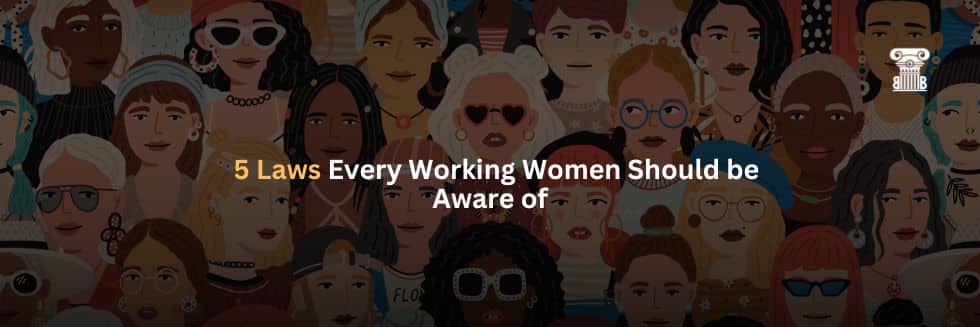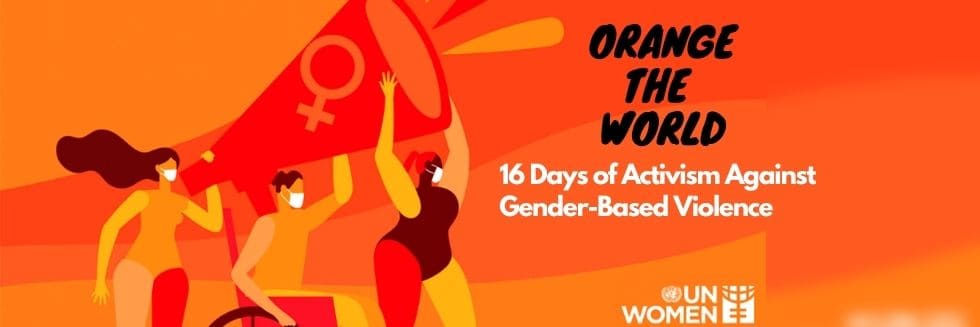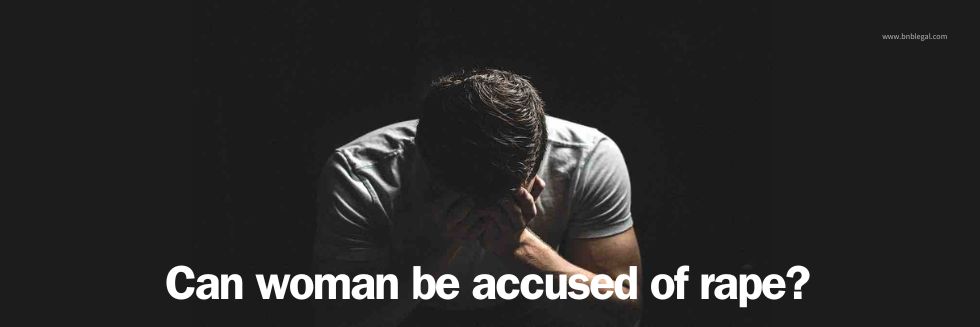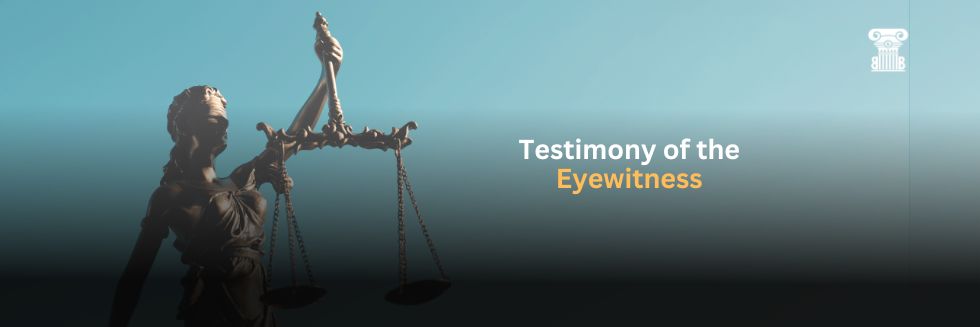Various types of Cruelty have been recognized and criminalized under Indian Penal Code 1860 (IPC):
Cruelty Against women within the institution of Marriage:
Cruelty against women within the institution of marriage poses certain difficulties in proving the guilt and thereby prosecuting the accused. A new chapter XXA, entitled ‘Of cruelty by husband or relatives of husband was inserted in the Indian Penal Code in 1983, the objective of this chapter was to punish the husband and the relatives who torture and harass the wife to force either her or any person related to her to meet any unlawful demands or to drive her to commit suicide.
Section 498-A – States that “Husband or a relative of Husband of a women subjecting her to cruelty – whoever, being the husband or the relative of the husband of a women, subjects such women to cruelty shall be punished with imprisonment for a term which may extend to three years and shall also be liable to fine.
Explanation: For the purpose of this section cruelty means:
a. Any willful conduct which is of such nature as is likely to drive the women to commit suicide or to cause grave injury or danger to life, limb or health (whether mental or physical) of women; or
b. Harassment of women where such harassment is of view of coercing her or any person related to her to meet any unlawful demand for any property or valuable security or is on account of failure by her or any person related to her met such demand.
Cruelty can be both mental and physical torture:
Example 1: A’s mother in law keeps taunting and abusing her with an intention to create circumstances wherein A is compelled to bring money from her parents. This amounts to mental torture and is considered as cruelty.
Example 2: B’s Husband C physically abuses her and her mother-in-law imposes restrictions on her food consumption. Such situation can also be concluded as cruelty as the physical torture is inflicted on B.
Section 498-A and section 4 of Dowry Prohibition Act are two different sections. And while a person can still be convicted under the both sections simultaneously, this does not amount to double jeopardy.
Section 4 of Dowry Prohibition Act states that if any person after the commencement of this act demands directly or indirectly from parents or guardians of a bride or bridegroom any dowry, he shall be punished with an imprisonment of six months, or with fine which may extend to five thousand rupees, or with both: provided that not court shall take cognizance of any offence under this section except with the previous sanction of the state government or of such officer as the state government may, by general or special order, specify in this behalf.
Example: the conduct of A’s in-laws to ask her to bring car, motorcycle, Fridge from her parental home shall attract the provisions of section 4.
Section 498-A is however distinguishable from the section 4 of Dowry Prohibition Act, because in the latter mere demand of dowry is punishable without a pre-requisite of cruelty as is required under section 498-A.
As easily can it be put in black & white, in actuality, however, it takes a toll on even the best advocates to bring out the distinction in front of the court in case a false case of 498-A has been put against the accused.
In case of Inder Raj Malik V. Sunita Malik, (1986) it was held that a person can be convicted both under Section 498-A and section 4 of Dowry Prohibition Act because it does not create any situation for double jeopardy. The Delhi High Court made such observation keeping in view that a person can be greedy as well as cruel and both may lead to crimes of different nature.
Making a false and baseless attack on chastity of a women also amounts to cruelty:
In case of State of Karnataka V. K.S. Majunathchary 1999 Cr LJ 3949, the accused questioned the chastity of the girl without any reasonable grounds and demanded dowry. Homicidal death of the girl took place within 5 months of marriage. Keeping the facts in view wherein there has been acts of both the crimes of inflicting mental cruelty and demanding dowry out of greed, The court observed that the acts of the accused amounted to cruelty under section 498-A.
Even in the cases where any family shows unacceptance to a newborn Baby-girl and subject the mother to taunts, and infant to discrimination, Section 498-A rightfully comes into play. In state of Karnataka vs. Ballappa, 1999 Cr LJ 3064, husband and his father were convicted for their misconduct of such nature.
Another important question arose in Polavarpu Satyanaryana Soundaravalli, 1988 Cr LJ 1538, wherein accused prosecuted under section 498-A, altogether questioned the validity of the section claiming it to be arbitrary and ultra vires the constitution and that the definition of cruelty under the act is ‘delightfully vague’. The court observed that while definition of cruelty does not have a precise meaning, yet it cannot be said that it is vague, arbitrary or ambiguous as objectively cruelty can be ascertained and therefore held that the article 498-A is not ultra vires to the constitution. Another important question which was raised in the case was whether singling out in-laws by way of legislation contradicts right to equality under section 14? The court decided this question in negative and maintained that since dowry deaths are a hazard suffered by women only, husband and his relatives may be treated as a class. The classification was not unreasonable and was intended to achieve an evolved object of law. In the same case only, the petitioner even challenged section 113A of the Indian Evidence Act, 1872, which states that if a women commits suicide within 7 years of marriage, it is presumed that her husband or in-laws have subjected her to marriage and the onus to prove it otherwise falls on the husband and in-laws. This provision too attempts to reach a unique object in law – to end cruelty against women. Now this might be against the concept of natural justice in criminal law wherein an accused is presumed to be innocent unless proven guilty beyond doubt before the courts. But taking in view the circumstances of dowry death and cruelty against women, it was ruled that the provision of Indian Evidence Act as laid in section 113A is a preemptive in nature to create deterrence and impede growing acts of cruelty against women.
PRO-BONO
Our Firm’s best advocates in Chandigarh are expert analysts of cases wherein women have been victimized in one way or the other and we aim at providing our best legal aid services to the ones in need. B&B associates LLP runs its pro-bono department to help destitute women who cannot afford the course to justice and have been victimized.






